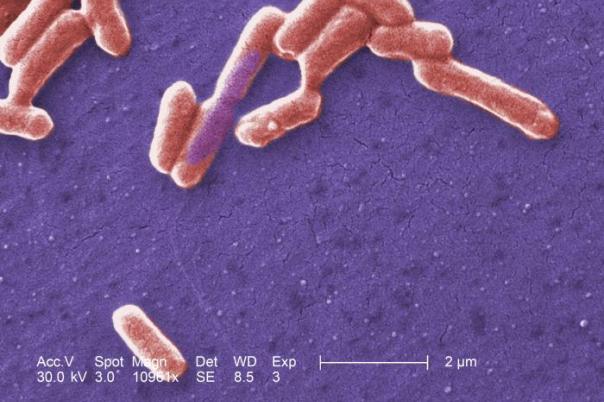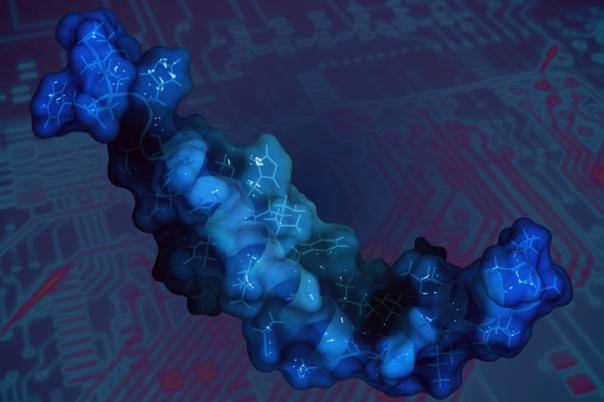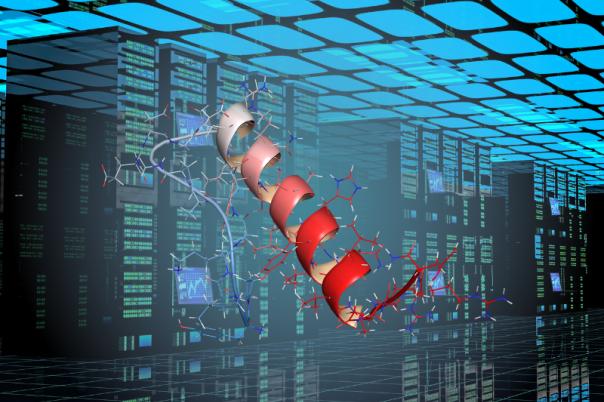Enterome is a clinical-stage company focused on developing a new generation of drugs with immunomodulation properties. The company’s drug discovery platform is based on a front-running antigen mimicry technology platform with four programmes in Phase II. The highly sophisticated platform has helped Joel Richard, Chief Development Officer at Enterome identify new drugs.
Richard explained that OncoMimics are bacterial antigen mimics of tumour-associated antigens (TAAs) for cancer treatment. He said: “These cancer vaccines are based on bacterial peptides mimicking selected HLA Class 1 tumour-associated antigens to trigger the expansion of memory T cells and then induce an immune response against cancer cells that are presenting this tumour-associated antigens.” Enterome follows a T cell therapeutic approach that uses non-self tumour-associated antigens to activate and expand T cells to destroy cancer cells.
T cells are widely considered the most effective way to kill cancer cells but they have limited impact due to self-tolerance. Enterome’s platform has the unique potential to address challenges including efficacy issues, safety, high manufacturing costs, and tumour escape mechanisms. When OncoMimics peptides are administered subcutaneously, they stimulate these memory T cells, resulting in their rapid proliferation. The activated T cells infiltrate the tumour microenvironment, killing cancer cells and improving patient survival. Richard pointed out that this overcomes the limitations of current T cell therapies, such as immune checkpoint inhibitors and CAR-T cells.
Glioblastoma is a highly aggressive and fatal brain cancer with limited treatment options. In clinical trials, the use of OncoMimics peptides significantly improved outcomes for glioblastoma patients. Richard outlined the positive results from the trial: “So the objective response rate has been increased from 10% to 34%, which means that we have tripled the number of patients that will benefit from the treatment.” These results underscore the transformative impact of this technology, particularly in cancers with limited therapeutic options.
The study also demonstrated that T-cell infiltration into tumours increased four-fold following treatment with OncoMimics peptides. This was confirmed through biopsies taken during the trial. Furthermore, immune response analysis revealed that the expansion of CD8+ T cells was not only rapid—observed within two weeks of treatment—but also highly potent and sustainable for over two years. The specificity and longevity of the T cell response position this approach as a significant advancement in cancer immunotherapy.
From a manufacturing perspective, the production of OncoMimics peptides follows a classical solid-phase peptide synthesis method. These short peptides, typically 8-10 amino acids long, are synthesized and purified using standard techniques. The development process also involves addressing potential physical stability issues, such as precipitation and aggregation.
Enterome’s OncoMimics technology offers a novel solution for treating cancer and immune diseases by capitalising on the natural power of memory T cells. By overcoming self-tolerance and enhancing T cell persistence, this approach provides a robust, multi-targeted immune response against tumours.






